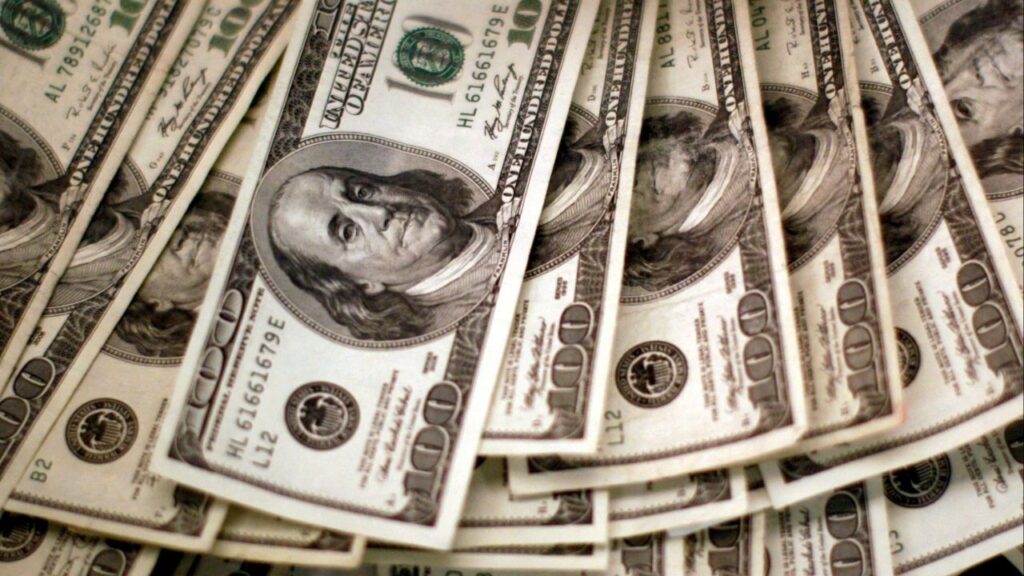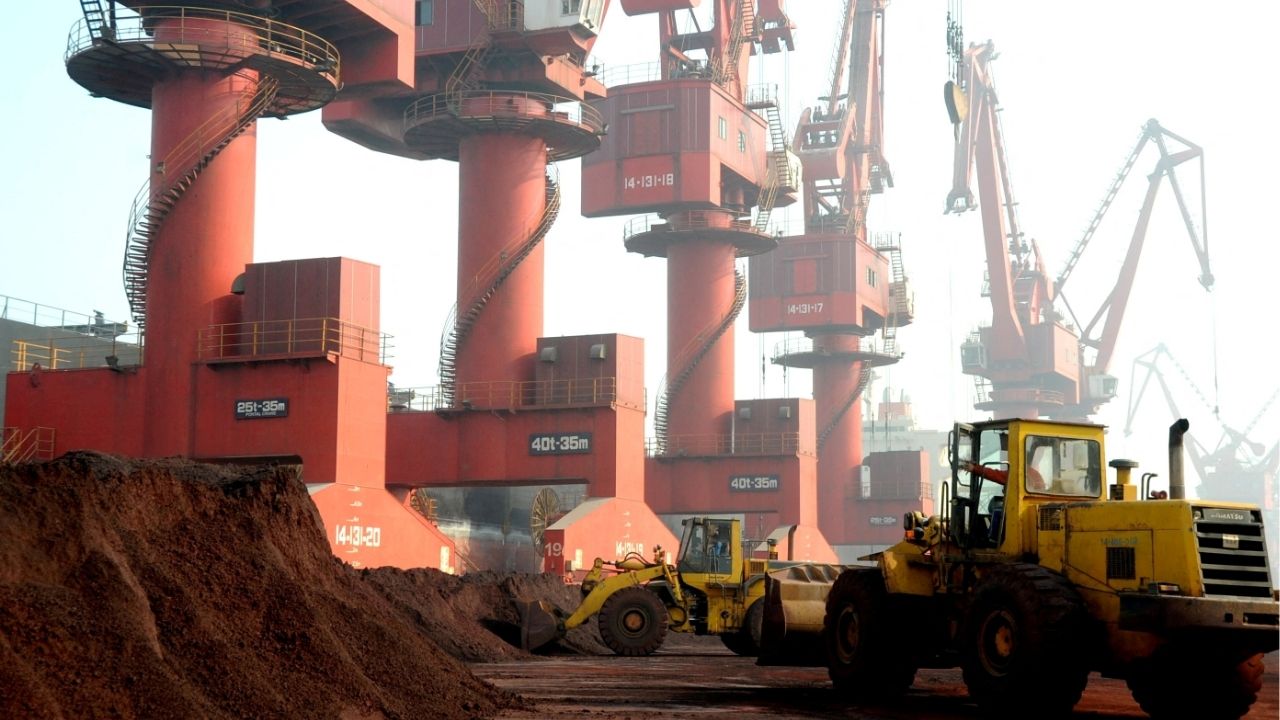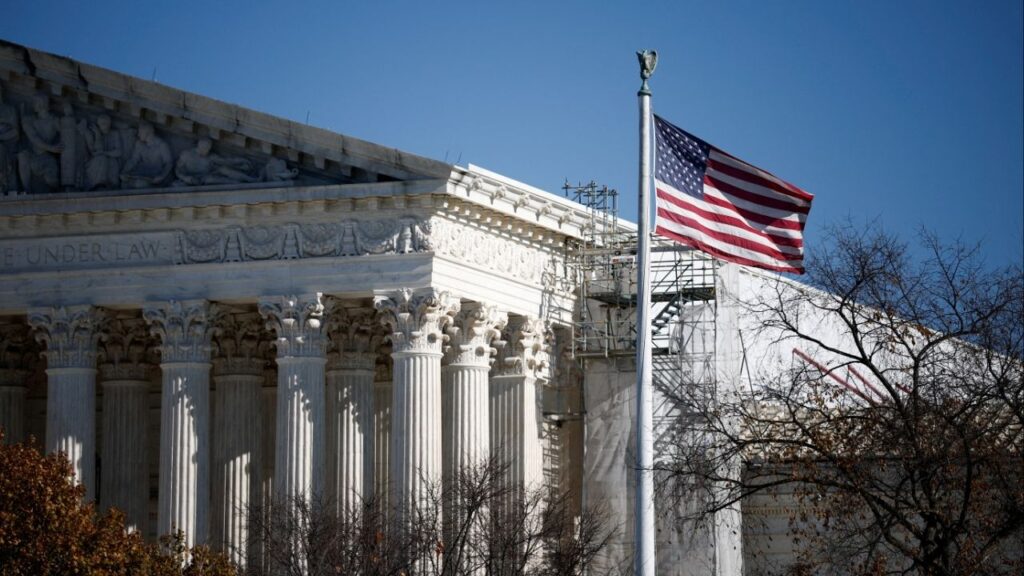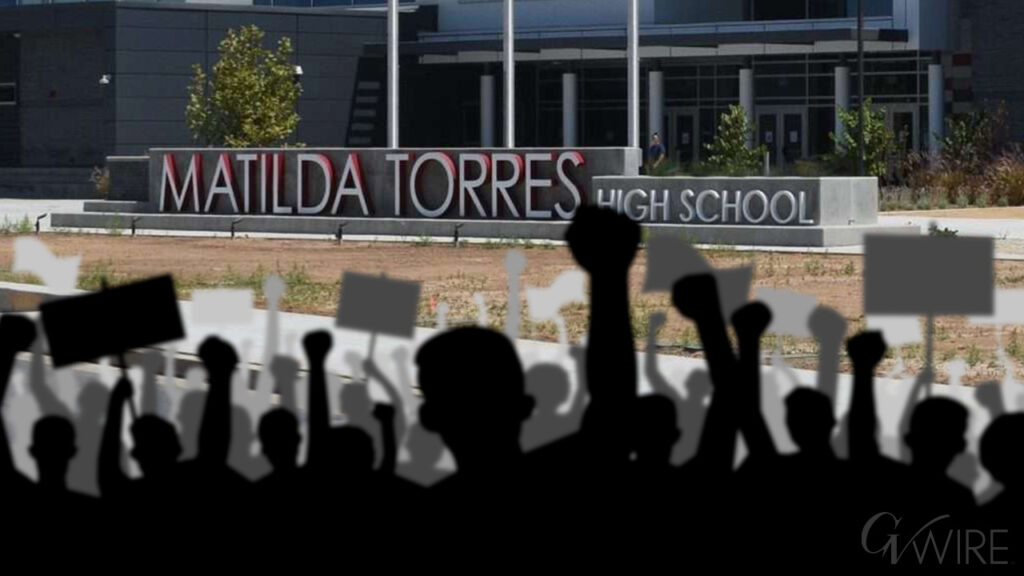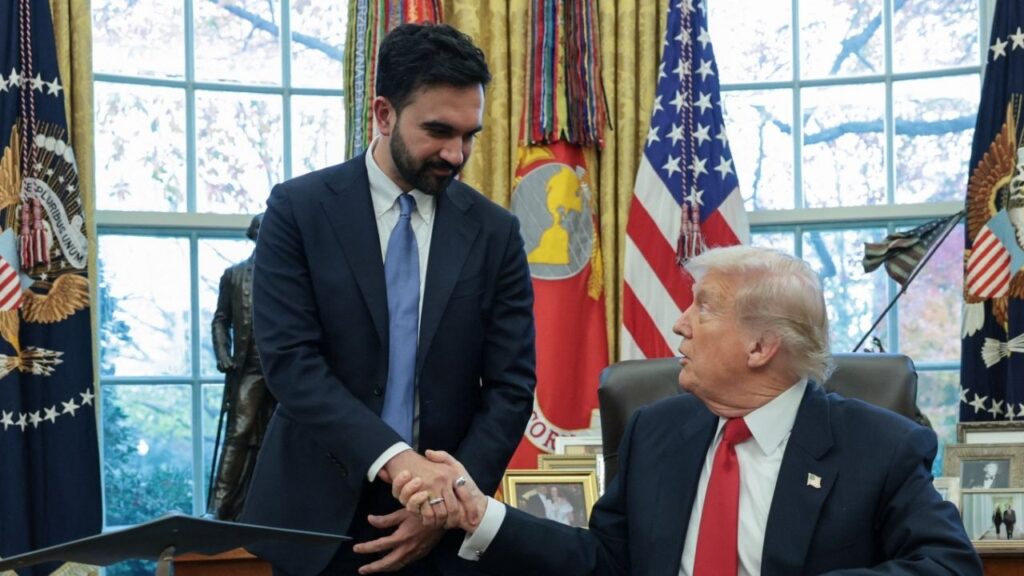Workers transport soil containing rare earth elements for export at a port in Lianyungang, Jiangsu province, China, October 31, 2010. (Reuters File)
Share
|
Getting your Trinity Audio player ready...
|
Shares of U.S.-listed rare earth miners slumped before the bell on Monday after Washington and Beijing reached a framework for a trade deal that could pause planned U.S. tariffs and Chinese export controls on critical minerals, easing fears of supply disruptions that had boosted the sector this year.
The rare earths truce marks a pause in one of the most strategic fronts of U.S.-China trade tensions.
With supply risks receding, investors unwound some bets that U.S. miners would gain from an extended trade standoff.
Shares of Critical Metals slumped 17.6%, Ramaco Resources fell 6.8%, and NioCorp Developments dropped 15.2%.
MP Materials, Trilogy Metals and USA Rare Earth fell between 8.3% and 18%.
China processes more than 90% of the world’s rare earths and magnets and recently expanded export curbs, including new elements to its control list and tightened oversight of foreign producers that rely on Chinese materials.
US Has 1 Operational Rare Earth Mine
The U.S., by contrast, has one operational rare earth mine and is racing to secure minerals vital for electric vehicles, defense systems and advanced manufacturing.
Washington’s efforts to build a homegrown supply chain remains far behind China’s dominance.
While the U.S. has signed equity and supply-chain security deals with firms including MP Materials, Critical Metals, Lithium Americas and USA Rare Earth, it could take years for the country to develop refining capacity and processing infrastructure on par with Beijing’s.
The equity deals had lifted shares of MP Materials nearly fourfold this year, while USA Rare Earth’s stock had doubled, reflecting investor optimism about U.S. efforts to cut Chinese dependence on a crucial material.
After the latest restrictions, U.S. President Donald Trump had proposed 100% tariffs on Chinese imports, which were due to take effect on November 1.
The preliminary deal is expected to be reviewed by Trump and Chinese President Xi Jinping later this week at the Asia-Pacific Economic Cooperation (APEC) summit in Gyeongju, South Korea.
—
(Reporting by Katha Kalia in Bengaluru; Editing by Sriraj Kalluvila)
RELATED TOPICS:
Categories
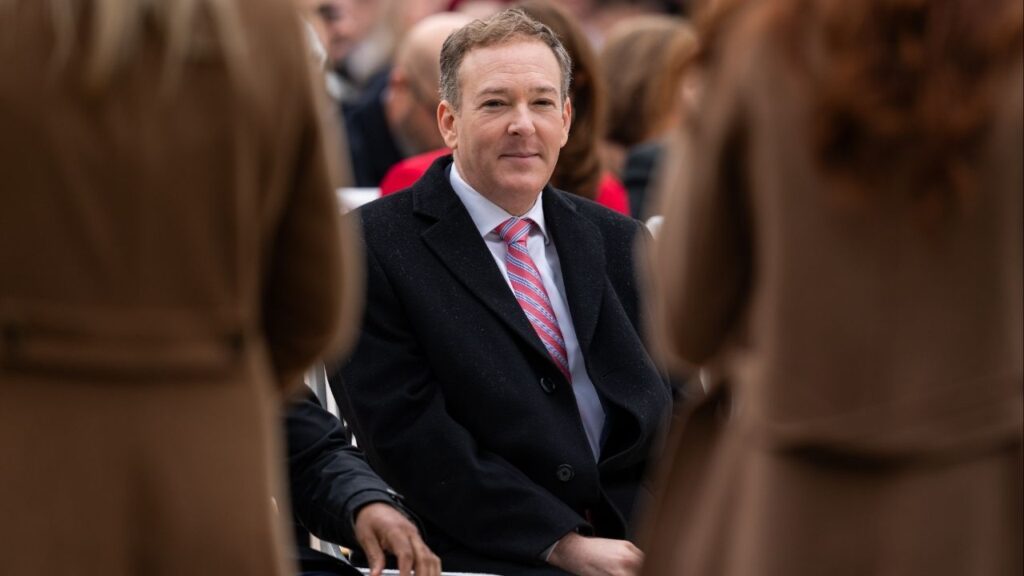
MAHA Activists Urge Trump to Fire His EPA Administrator

Meta Strikes Multiple AI Deals With News Publishers
